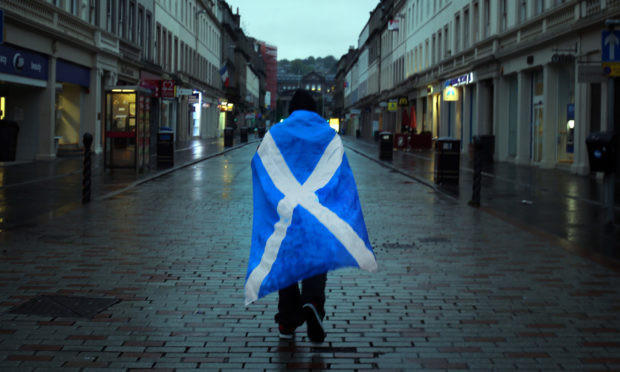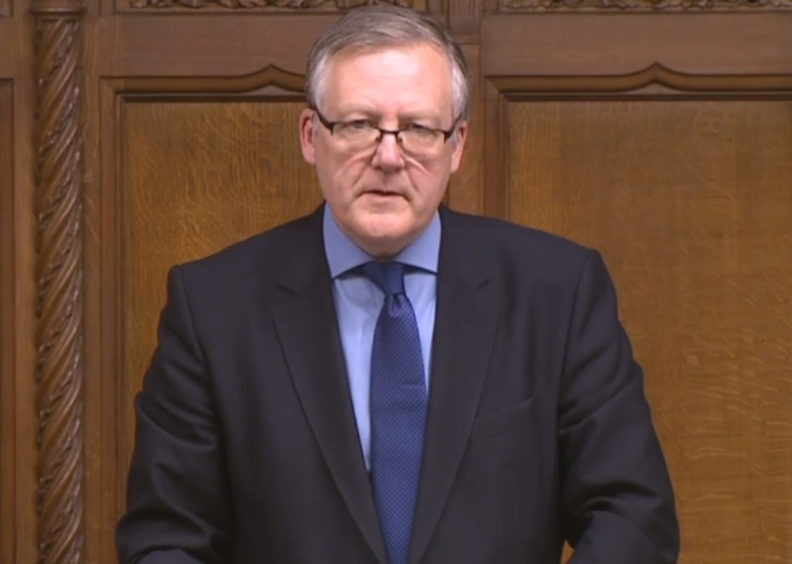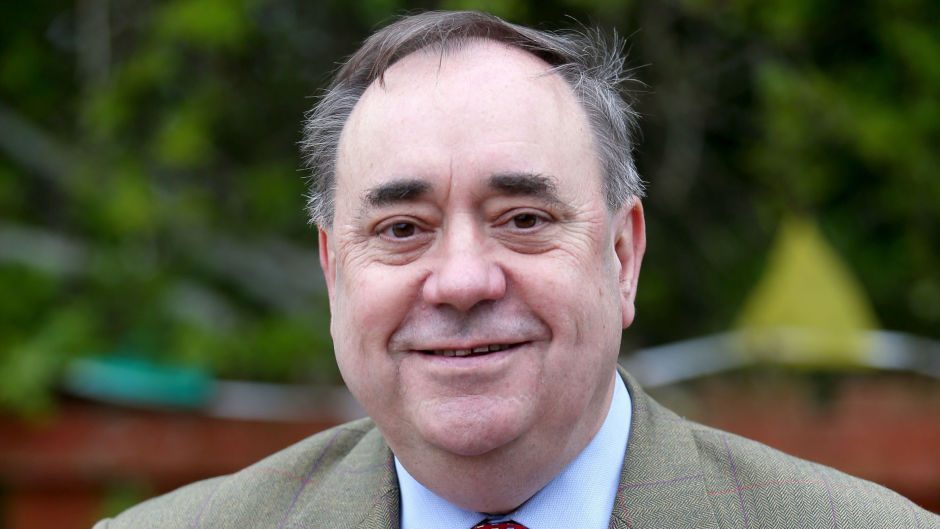Scotland’s independence referendum should have been a “warning light” for Russian interference in UK democracy, an influential parliamentary committee has concluded.
The long-awaited Russia report from the intelligence and security committee found that there was “credible” evidence that Moscow attempted to influence the 2014 poll.
The report, which is heavily redacted, said the independence vote was “potentially the first post-Soviet Russian interference in a Western democratic process”.
It cited “Russian state-owned international broadcasters such as RT and Sputnik” as tools of disinformation and malicious influence – which will raise fresh questions about former first minister Alex Salmond’s programme for RT.
Labour MP Kevan Jones, who sits on the committee, said Russian involvement in the independence referendum “should have been looked at” and said the fact it was not amounted to a “major failure”.
Mr Jones said if the UK Government and security services had reviewed Kremlin involvement in 2014 “we could have actually known what the threat was and we could have taken steps to mitigate against those threats in future”.
He added: “All the evidence was there from the Scottish referendum. Short of having a large van outside Downing Street with a billboard on it saying ‘This is what was going on’, what more did the government need?
“It does raise the question why the decision was taken not to look at the referendum.”
SNP MP Stewart Hosie, who also sits on the committee, told reporters this afternoon that 2014 should have been a “warning light” to all.
He said: “Shortly after the referendum Russian election observers suggested there were irregularities in the conduct of the vote. This position was being widely pushed by Russian state media.
“We understand the UK Government viewed this is primarily aimed at discrediting the UK in the eyes of a domestic Russian audience, but nevertheless those messages post-referendum were being put out there to discredit the results. That was a warning light.”
Asked about Mr Salmond’s presence on Russian media, Mr Hosie said: “The report doesn’t make any criticism of any individual programme maker or commentator or presenter. That’s not what this is about.
“It’s about RT and Sputnik as institutions who are able, very quickly when they need to, to get the Russian state version of events out. It’s not a criticism of any particular individual at all.”
Mr Salmond was unavailable for comment, but current first minister Nicola Sturgeon accused the UK Government of “negligence” and said ministers needed to take Russian interference “much more seriously”.
‘We need a full inquiry in Scotland’
Shadow Scottish secretary Ian Murray called for a full inquiry into the matter.
He said: “It’s not surprising that Putin’s regime will seek to capitalise on anything which weakens the UK. The UK Government must now take steps to ensure we protect our democracy, and the Scottish Government must be transparent about what it knew and what measures it will take to protect the integrity of next year’s Holyrood election.
“We need a full inquiry in Scotland to ensure our democracy isn’t compromised by outside state actors.”
The report also makes a damning assessment of a “lack of curiosity” about Russian interference in UK elections, with accusations that “the UK Government have actively avoided seeking evidence as to whether Russia interfered” in the 2016 EU referendum.
It concludes more widely that Russian influence in the UK is now “the new normal” as successive governments have welcomed oligarchs with open arms.
It was the opinion of the committee that until recently the Government had badly under-estimated the response required to the Russian threat – and is still playing catch-up.”
ISC report
There were Russians with “very close links” to Vladimir Putin who were “well integrated into the UK business, political and social scene – in ‘Londongrad’ in particular”.
The ISC said it was a priority to “mitigate the risk, and ensure that, where hostile activity is uncovered, the proper tools exist to tackle it at source and to challenge the impunity of Putin-linked elites”.
The ISC noted that “a number of members of the House of Lords have business interests linked to Russia, or work directly for major Russian companies” and these relationships should be “carefully scrutinised” given the potential for Moscow to exploit them.
The committee said: “It has been clear for some time that Russia under Putin has moved from potential partner to established threat, fundamentally unwilling to adhere to international law – the murder of Alexander Litvinenko in 2006 and the annexation of Crimea in 2014 were stark indicators of this.
“We therefore question whether the Government took its eye off the ball because of its focus on counter-terrorism: it was the opinion of the committee that until recently the Government had badly under-estimated the response required to the Russian threat – and is still playing catch-up.”
The UK government said it had “seen no evidence of successful interference”.
And Number 10 denied the claim it had “badly underestimated” the threat from Russia.
Foreign Secretary Dominic Raab said: “We’ve been clear that Russia must desist from its attacks on the UK and our allies.
“We will be resolute in defending our country, our democracy and our values from such Hostile State.”



